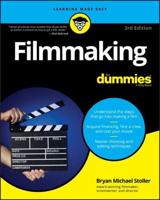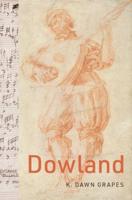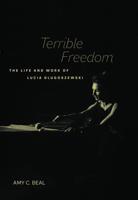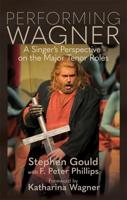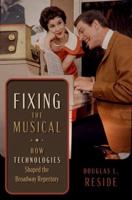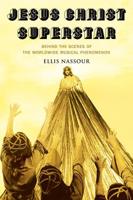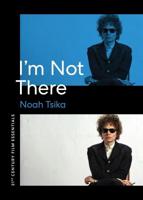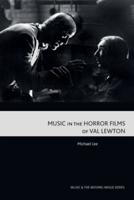Publisher's Synopsis
Popular styles of electronic dance music are pervasively mediated by technology, not only within production but also in performance. The most familiar performance format in this style, the DJ set, is created with turntables, headphones, twelve-inch vinyl records, and a mixing board. Going beyond simply playing other people's records, DJs select, combine, and manipulate different parts of records to form new compositions that differ substantially from their source materials. In recent years, the "laptop set" has become equally common; in this type of performance, musicians use computers and specialized software to transform and reconfigure their own precomposed sounds. Both types of performance are largely improvised, evolving in response to the demands of a particular situation through interaction with a dancing audience. Within performance, musicians make numerous spontaneous decisions about variables such as which sounds they will play, when they will play them, and how they will be combined with other sounds. Yet the elements that constitute these improvisations are also fixed in certain fundamental ways: performances are fashioned from patterns or tracks recorded beforehand, and in the case of DJ sets, these elements are also physical objects (vinyl records). In Playing with Something that Runs, author Mark J. Butler explores these improvised performances, revealing the ways in which musicians utilize seemingly invariable prerecorded elements to create dynamic, real-time improvisations. Based on extensive interviews with musicians in their studios, as well as in-depth studies of particular mediums of performance, including both DJ and laptop sets, Butler explores the ways in which technologies, both material and musical, are used in performance and improvisation in order to make these transformations possible. An illuminating look at the world of popular electronic-music performance, Playing with Something that Runs is an indispensable resource for electronic dance musicians and fans as well as scholars and students of popular music.


